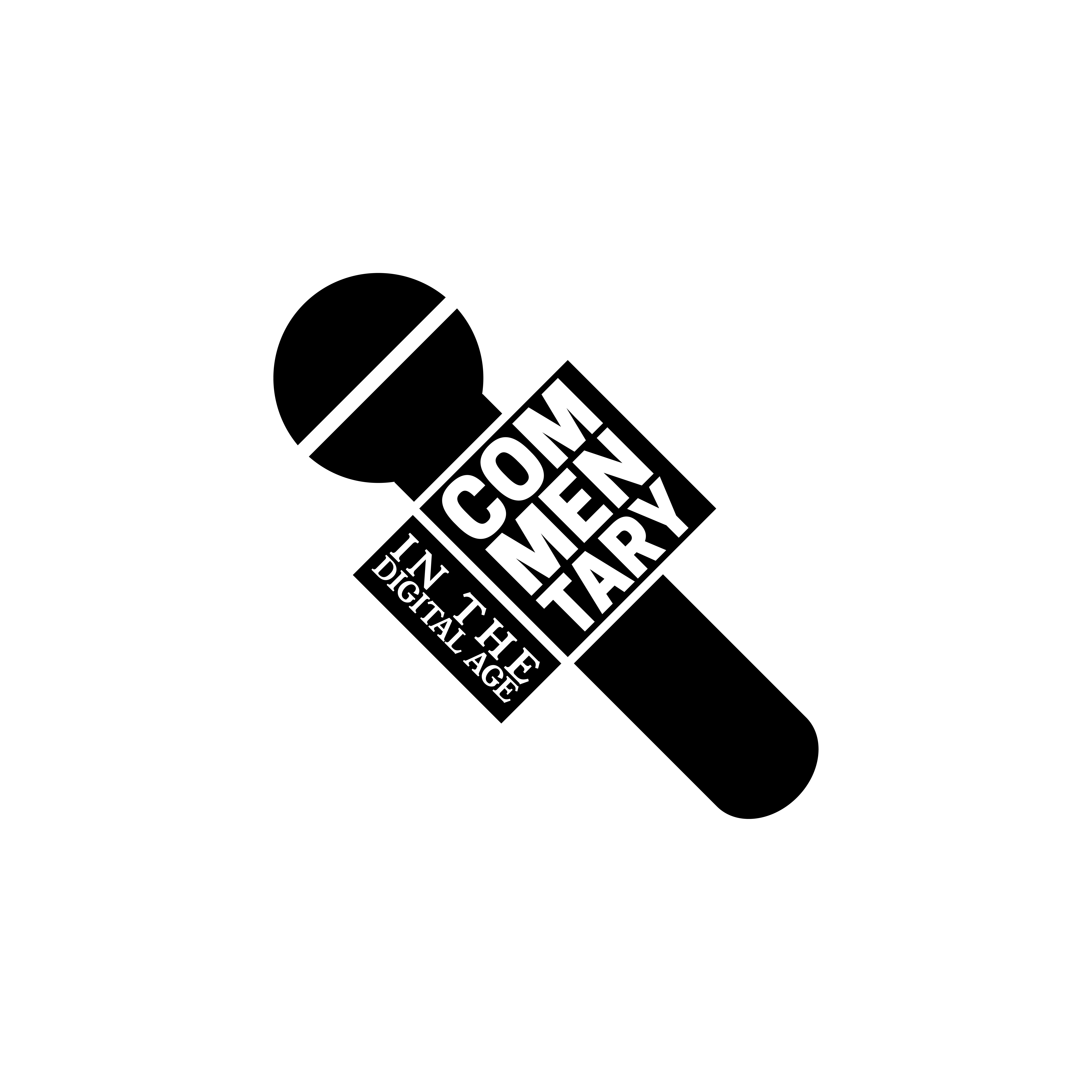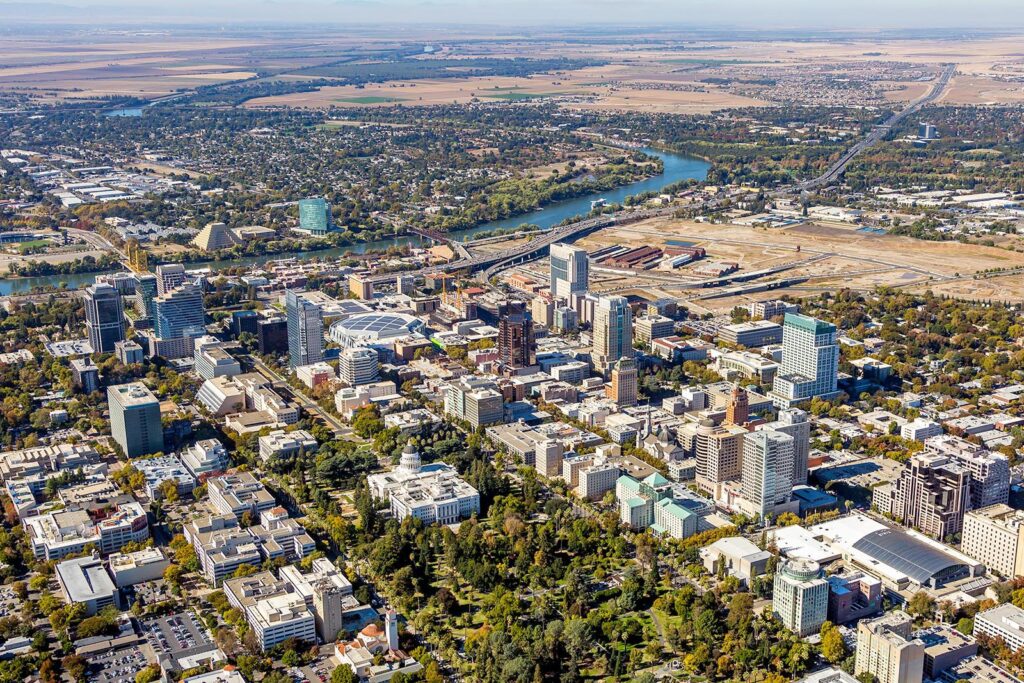If I could choose one word to describe what motivates 21-year old ASU Sports Journalism student Devon Henderson, it would be “legacy.” His family’s history of being involved in the civil rights movement and also being generational sports fans has helped Henderson curate his perspective as a sports journalist.
To begin with, growing up in Sacramento, a city with only one Big Four team, the Kings, Henderson was strongly encouraged by his family to be a San Francisco 49ers fan, even though the Oakland Raiders were the nearest NFL team. He says that encouragement came from his father, who was a 49ers fan, as well as his grandfather, who was a 49ers superfan and season ticket holder for about 35 years.
The influence of his family was so strong that one time as a kid, Henderson went to the mall to Build-A-Bear Workshop, where he chose to put a Raiders jersey on the bear he built. When he brought the bear home, his dad (who, incidentally, grew up in Oakland, which is firm Raiders territory) tossed it out, saying only 49ers stuff was allowed in the house.
An ASU soccer player himself, Henderson also followed in the footsteps of his family. His father played college football, his grandfather was a college runner and golfer, and both uncles were college water polo players.
“Sports was always just a part of my life,” Henderson said.
In choosing sports journalism as a major, Henderson said he always loved watching sports documentaries, reading about sports, and pretty much anything else to do with sports. But it was the story part of it that made him want to become a journalist.
“I always say that sports are the greatest stories ever told because nobody knows the ending,” Henderson said. He explained that in a TV show or movie, the ending is fixed, so somebody might watch the show and spoil the ending, but that’s not possible in sports because nobody knows the ending. “And so I think that they’re the best stories ever told,” Henderson said.
Henderson wanted to become one of the people telling the stories of sports, so he sought out the best schools for sports journalism and chose Cronkite for its strong program, along with its access to amazing organizations, opportunities and connections.
Henderson has always felt very confident in his voice and in expressing what he wants to say. A large part of his confidence stems from issues that are most important to him, like financial and racial inequality. His grandmother was part of the civil rights movement, which helps Henderson view sports through a lens where he can see where race might be affecting an issue in sports.
“I feel like a lot of people feel like race doesn’t affect certain things, and then…you look at it from a different lens; you’re like, ‘Okay, well maybe there was some prejudice present in this,’” Henderson explained.
One thing in sports Henderson would like to see change would be societal stereotypes, like the assumption that a quarterback should be a “big white pocket passer.” He would like to see people being more open-minded toward players and their abilities and what they are trying to do.
He also thinks journalism needs to move away from people “just going on air and spouting whatever comes to their head.” He would like to see people basing their opinions on facts.
Henderson wants to be known as a journalist who made an impact, someone that people trust and enjoy and tune in to watch. He hopes, “that people feel like they remember that I was a good person. I think that’s the biggest thing, is I want to be known as a good person.”


